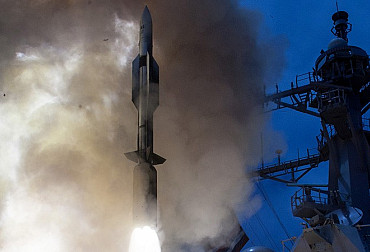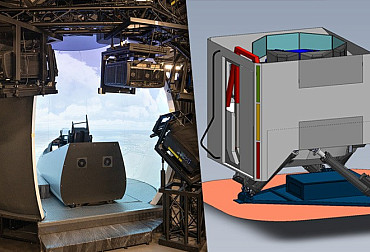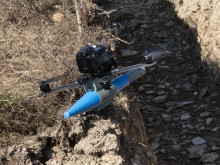Danish acquisition of artillery equipment as a memento not only for the Czech Republic
The recent revelation of the purchase of PULS salvo rocket launchers and ATMOS self-propelled howitzers from the Israeli company Elbit Systems has caused political and security upheaval in Denmark. The systems were supplied with civilian and not military GPS, and the total purchase price was significantly increased. These are phenomena that virtually every country, including the Czech Republic, generally faces in the field of extremely complex defence acquisitions.
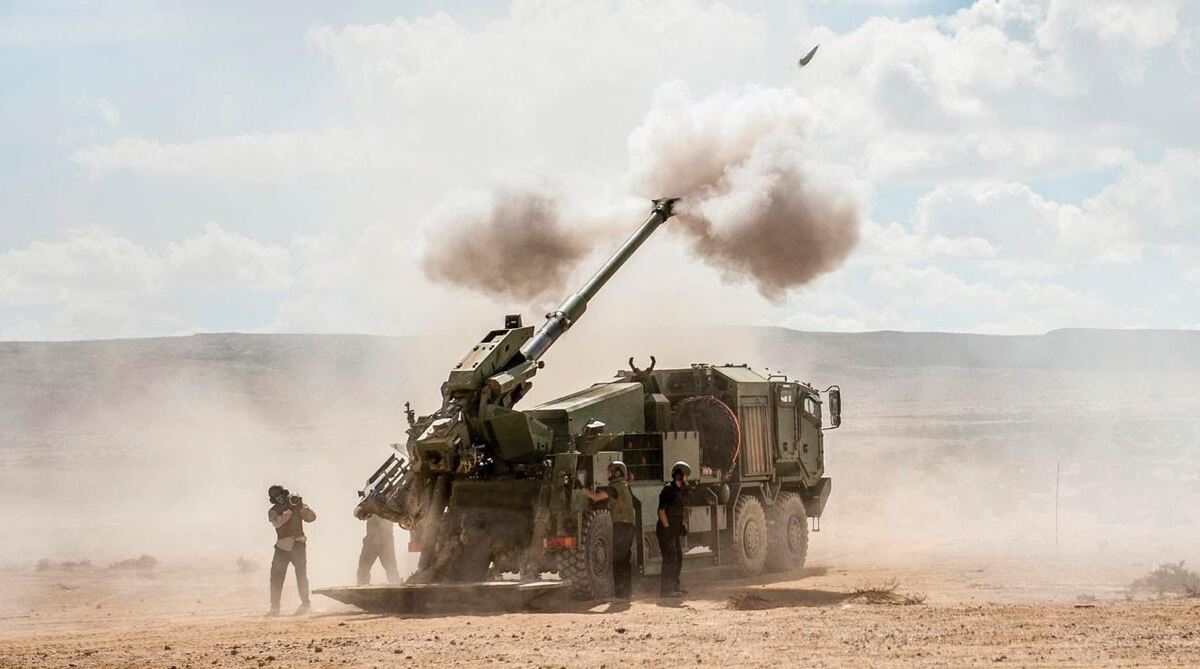
According to recent reports from the Danish public media, it has been revealed that 19 self-propelled ATMOS guns and 8 Israeli-made PULS salvo rocket launchers, which were purchased at considerable cost, were equipped with civilian GPS systems instead of military ones. This has raised serious doubts about their functionality in modern warfare, where jamming of GPS signals is common practice. This case represents the undesirability not only of the Danish acquisition process described above, but of such processes in general.
According to Colonel Michael A. Villumsen, commander of the Danish Artillery Regiment, the artillery systems acquired need to be upgraded because the army cannot now avoid jamming them. The armed forces commander, General Peter Boysen, admitted that the purchase of the guns and rocket launchers was made with the knowledge that they would have to be upgraded once delivered, which was reportedly accepted from the outset because the acquisition was rushed to fill a gap in the Danish artillery's armament. It should be recalled that Denmark donated to Ukraine the CAESAR self-propelled howitzers on Tatra chassis purchased in France. At the front, these artillery systems earned the respect of the soldiers for their mobility, accuracy and firepower. The CAESAR self-propelled howitzers will also serve in the Czech Army, with a total of 62 units. Our army should have the first units in 2026.
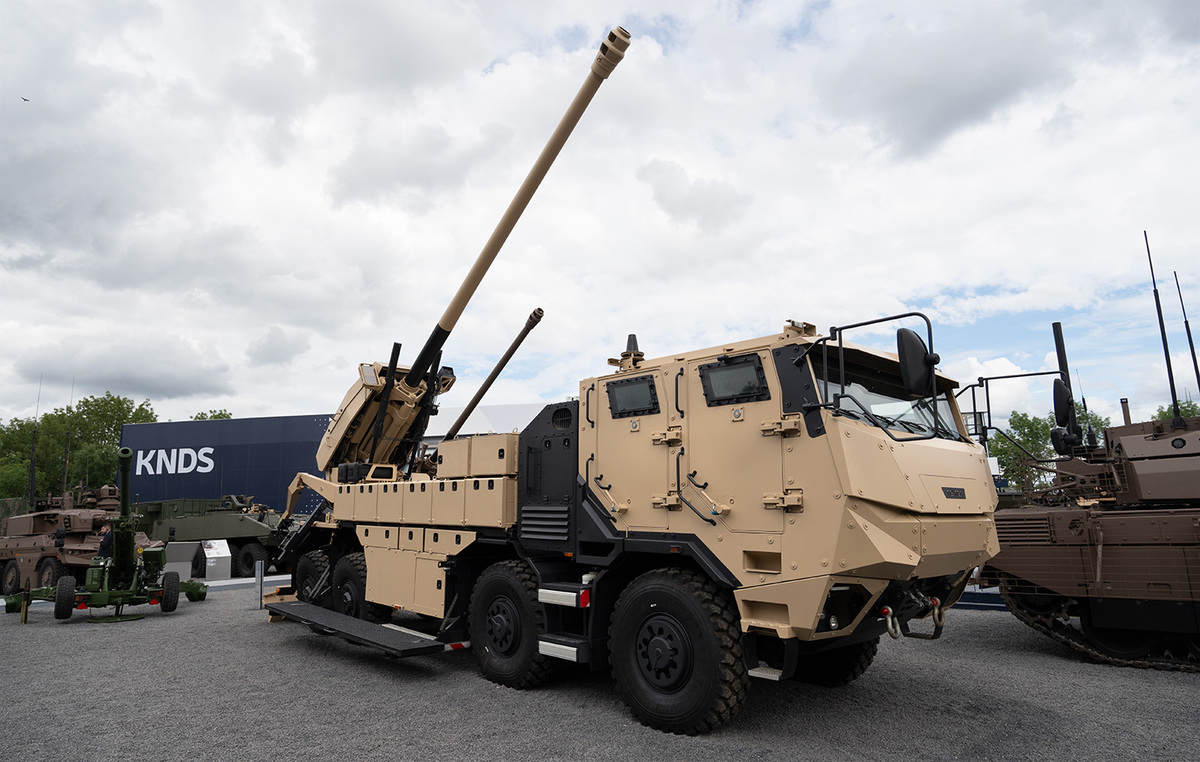
The revelations about the civilian GPS raise questions not only about the effectiveness of the Danish government's defence equipment purchases, but also about the overall transparency of acquisition procedures, and not just Danish ones. From the Czech Republic's perspective, this is also a remarkable case. The point is not to make this case into some kind of universal excuse or justification in terms of our own not always smooth acquisition processes, in the sense of "see, even in otherwise perfect Denmark they run into similar problems". We know of several cases where Czech acquisitions have been and are subject to delays, postponements, changes in specifications, changes in parameters, delays in delivery. These are all undesirable phenomena that should be prevented.
In a recent interview for Czech Radio, Miloslav Kala, president of the Supreme Audit Office, said: "The right way to do it is that the whole project is well planned, well contracted, including the enforcement of fines for non-fulfilment of conditions, and then it should be done properly and at the times that are contracted."
At the same time, the Danish investigation suggests that there were significant irregularities in the purchase of the systems from Elbit Systems. In addition, although it was initially announced that the purchase would cost SEK 3 billion (about CZK 10 billion), the price was eventually increased by a further SEK 1 billion (over CZK 3 billion). This problem concerning the financial aspect of acquisitions is also well known in the Czech Republic, and in many cases has a clear and logical explanation - the development of technology and techniques is rapid, and before the lengthy process from selection to contract signing reaches implementation, it may be objectively desirable to replace an older system with a newer - usually more expensive - one in order to achieve the required capabilities. At the same time, there is the related issue of inflation, which is usually addressed in contracts by inflation clauses.
Public opinion and opponents of the Danish government, as is usual in the Czech Republic, question the credibility of the Danish Ministry of Defence and the army command in the selection of new weapon systems and the implementation of the whole process. The result of this inconsistent and perhaps hasty approach is that the arming or rearmament of the artillery of the army of a NATO member state is at risk and may be delayed. However, it will certainly happen in terms of acquiring the required capabilities, because the systems in question will need to be "modernised" or, in the case of GPS, militarised.
The public debate that is currently taking place in Denmark has also extended to the country's overall defence strategy, where the dependence on foreign suppliers is being addressed and how the domestic defence industry could serve in this case, or how the suitability of any equipment purchased will be more rigorously checked. These are topics that every country should address, as the role of domestic industry must be key (in the Czech Republic, for example, the Czechoslovak Group is a major supplier of military vehicles and systems). However, if the local industry is not able to independently develop and deliver the equipment in the required quality, international cooperation and foreign supplies cannot be dispensed with.
In the field of artillery in the Czech Republic, certain reservations are sometimes voiced against the chosen solution in the form of the acquisition of CAESAR guns for the 13th Artillery Regiment, when Czech solutions in the form of self-propelled howitzers DITA or MORANA are mentioned. However, it is necessary to remember the time context. Even if the DITA or MORANA were fully mature products today (which is not the case with the MORANA system), simply at the time when the acquisition of new artillery systems for the Czech Artillery Corps was being considered, the mentioned Czech solutions did not exist on the market or were in the experimental demonstrator phase. However, the proven capability of the Czech defence industry in the development and production of these key elements of the modern battlefield, as demonstrated by the war in Ukraine, is a promise for the future. When CAESARs reach the halfway point of their life cycle and the Czech Armed Forces look for a replacement, the domestic industry will undoubtedly be able to offer it systems that have already been proven in practice.
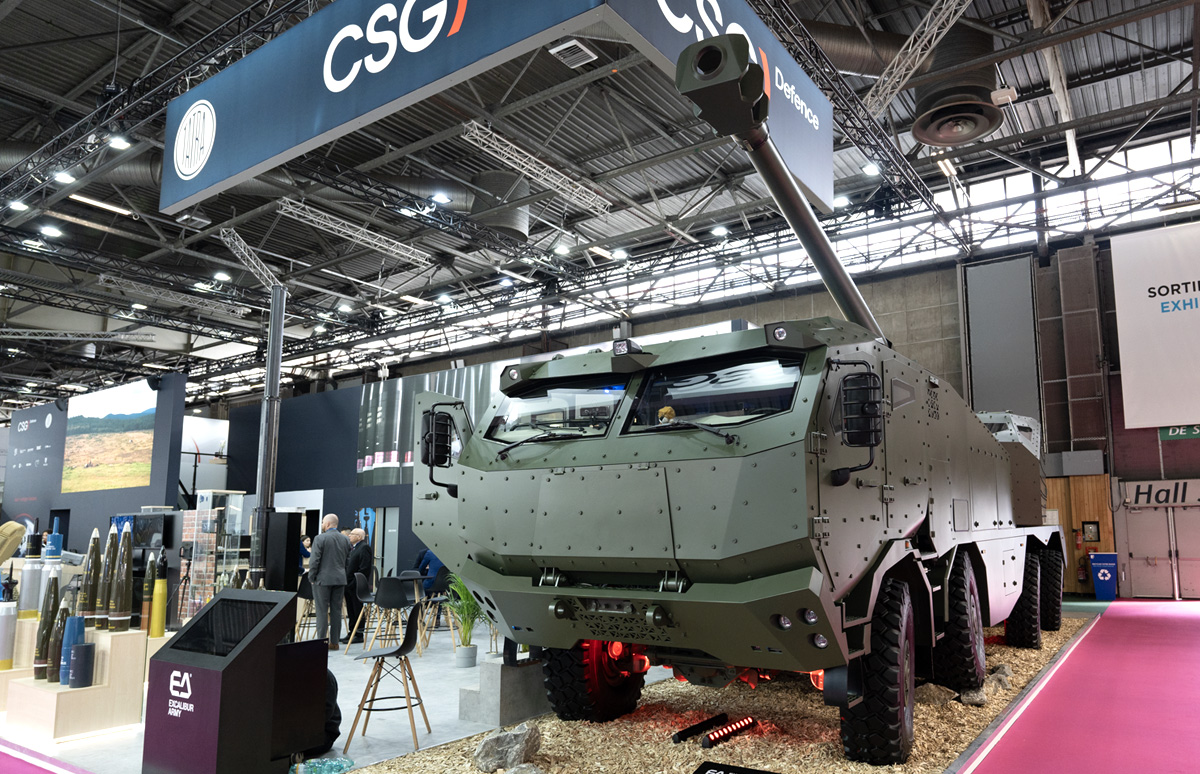
As we can see, the recent experience in Denmark confirms that in today's tense security situation, even from our Central European perspective, an exemplary state or military apparatus can commit blunders. However, the President of the SAO must also be fully supported when he calls for greater efficiency of the Armaments and Acquisitions Section of the Ministry of Defence, which is practically starting to work with a multiplication of funds for the purchase of military equipment from year to year.















